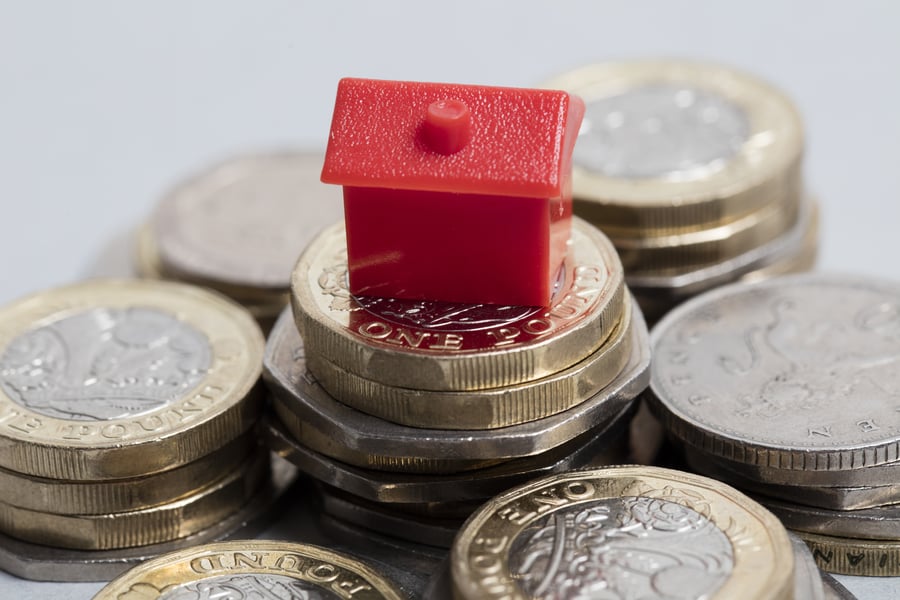Compared to 12 months ago, prices were up by 5.7%, which is down from a four and a half year high of 7.0% in the previous quarter.

House price inflation softened during the first quarter of 2021, according to the Halifax house price index.
Nevertheless, it has remained amongst the strongest levels seen since the 2016 EU referendum.
Compared to 12 months ago, prices were up by 5.7%, which is down from a four and a half year high of 7.0% in the previous quarter.
On a seasonally adjusted quarterly basis, prices were up 0.3%, the slowest rise in the past three quarters, but coming off a cumulative gain of nearly 6% in prices during the second half of 2020.
As a result, the average UK house price now stands at £252,765, which is a record level.
The data also shows that home movers continued to signal a noticeably faster rate of inflation (6.2%) than first-time buyers (4.7%).
In terms of property type, existing houses (6.2%) continued to record a faster inflation than new houses (4.2%).
Annual house price inflation weakened across most regions during the first quarter of the year, the exceptions being the North West, Scotland, Wales, and Yorkshire and Humberside.
For Wales, an annual gain of over 10% was the best seen since early 2005, and the price rise seen in the North West was the strongest for 14 years
In contrast, Greater London saw a noticeable slowdown in house price inflation, with the 2.1% annual price rise the lowest in over a year.
The price-to-earnings ratio averaged 6.27 in the first quarter, down from 6.31, but still close to levels recorded just prior to the financial crisis in 2007.
Paul Smith, economics director at IHS Markit, said: “Although house prices rose at a slower rate in the first quarter – likely reflective of some uncertainty in the early part of the year around the stamp duty holiday, plus a number of factors weighing on the London market – activity remained buoyant and overall prices were again sharply up when compared to a year ago.
“Market activity continues to be supported in the main by shifting preferences amongst buyers for greater space, especially amongst those in secure employment, amid expectations that working from home will continue in at least a hybrid form once the pandemic has passed.
“With the stamp duty holiday now extended, mortgage availability support for first-time buyers increased and growing expectations that UK economic performance will improve markedly in line with the success of the vaccination programme, price pressures are set to remain elevated into the autumn at the very least.”



